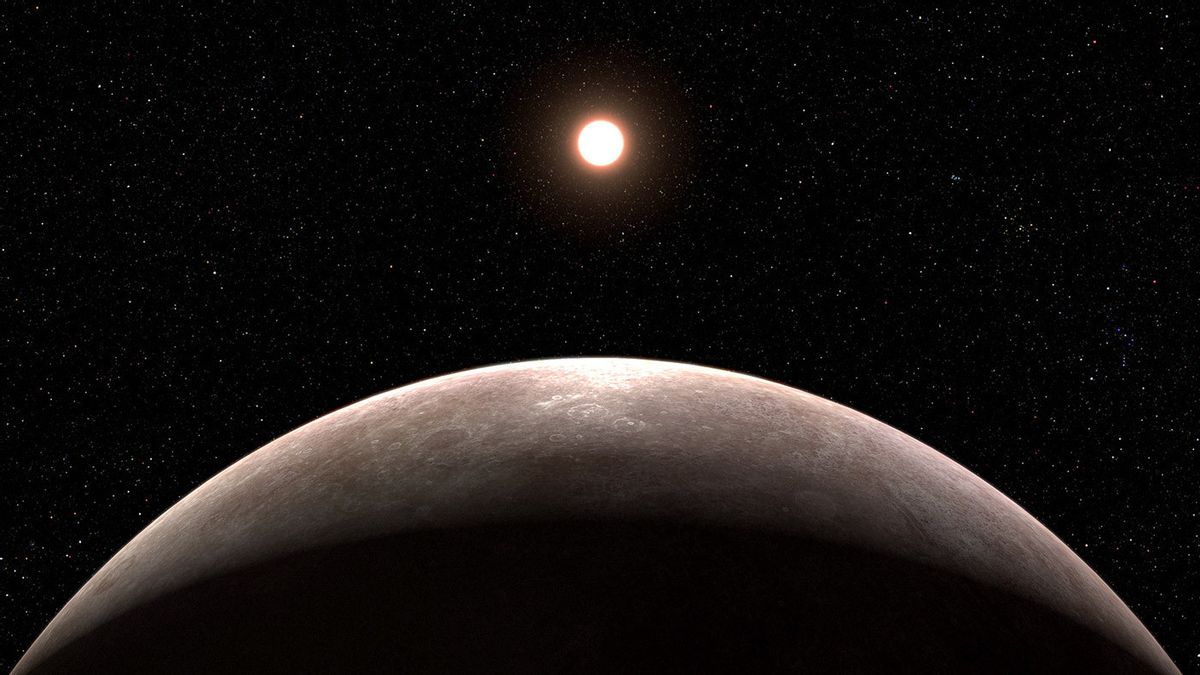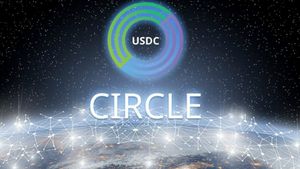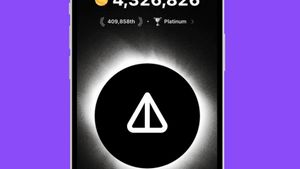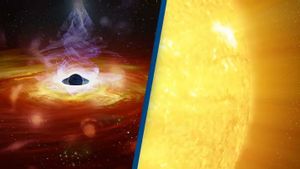
JAKARTA Since 1995, the United States Aeronautics and Space Agency (NASA) has been actively looking for exoplanets in the Milky Way Galaxy. Although initially difficult, they managed to confirm thousands of exoplanets.
NASA has found 10,062 exoplanets, but not all exoplanet candidates have been confirmed. So far, NASA has only confirmed 5,572 exoplanets with five classifications, namely Neptune, Giant Gas, Super Earth, Terrestrial, and unknown.
The Neptune category is an exoplanet group that is considered similar to Neputunus or Uranus. This category is quite dominating with 1,912 exoplanets, while the Giant Gas category follows in second place.
Giant gas is a group for exoplanets rich in gas and similar to Jupiter or Saturn, this category has 1,775 planets. Meanwhile, the category of Super Earth shows that the exoplanet is different from the planet in the Solar System.
In this category, exoplanets are more massive than Earth, but the mass is lighter than Neptune. Exoplanets that fall into this category can be made of gas, rock, or a combination of both. This category has 1,679 planets.
관련 항목:
Next, NASA grouped 199 exoplanets into the Terrestrial group. In this category, exoplanets are similar to Earth, but the surface is rocky and iron-rich, such as the planets Mercury, Venus, Earth, and Mars.
The last group is a group that NASA cannot yet describe. They still have not received any information from the remaining seven planets so that these exoplanets fall into the Unknown category.
NASA's last exoplanet found was KMT-2019-BLG-0335Lb. The exoplanet is included in the Giant Gas category 21 times Jupiter's mass. KMT-2019-BLG-0335Lb was discovered last year using the micro-gravitational lensing method.
The English, Chinese, Japanese, Arabic, and French versions are automatically generated by the AI. So there may still be inaccuracies in translating, please always see Indonesian as our main language. (system supported by DigitalSiber.id)

















